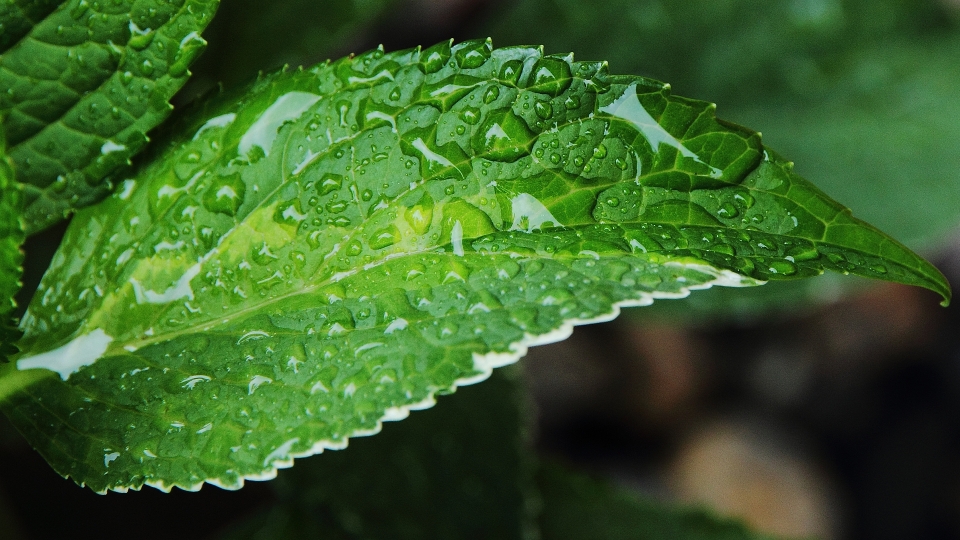Book Review: God's World: A Theology of the Environment
Yalin Xin is associate professor of intercultural studies at William Carey International University. His research interest includes Christian renewal and revitalization movements and Christianity in China.
WCIU Journal: Environmental Studies Topic
July 16, 2017
Reviewed by Yalin Xin
I’ve been reading a book by Ken Gnanakan called God’s World: A Theology of the Environment. I’ve found Dr. Gnanakan’s book to be an excellent overview of this topic. The description of the book says, “It succeeds in making available to students a wide range of thinking on this crucial subject for today, covering biblical teaching, a theology of creation, and an examination of eco-feminism, as well as a history of environmental thought. But central to the author’s approach is the idea that theory must lead to action, in environmental theology as much as in any other area.”
It does not seem like there are many books out there on “environmental theology” and if anyone knows of some, please let me know in the comments! In my experience at least, this has been missing from my theology and perhaps that is why I appreciated his book so much. I encourage everyone to check it out if you are interested in this subject.
One section stood out to me from Chapter twelve, “Equity and Justice,” that I thought I’d share.
“Poverty comes under added scrutiny with the environmental crisis. Wherever there is poverty it is directly or indirectly linked to the perversion of justice…whether it be inhuman living conditions with disease and malnutrition or ad degradation of their environment one could trace the roots down to unjust practices that have deprived people and the environment of basic rights and privileges…
Not only is poverty unjustly exploited by the exploiter, but this leads to similar exploitation of the environment. The poor, when exploited, exploit their environment to alleviate their poverty. Many poor farmers sell their lands to rich industrialists or urban estate developers, causing environmental complications on the one side but rendering them poorer in the long run…in other cases, there are people who in their poverty are compelled in their desperation to strip their surroundings of all natural resources that could help them survive.”
What do you think about the connection between poverty and environmental injustice? Share your thoughts in the comments below.



